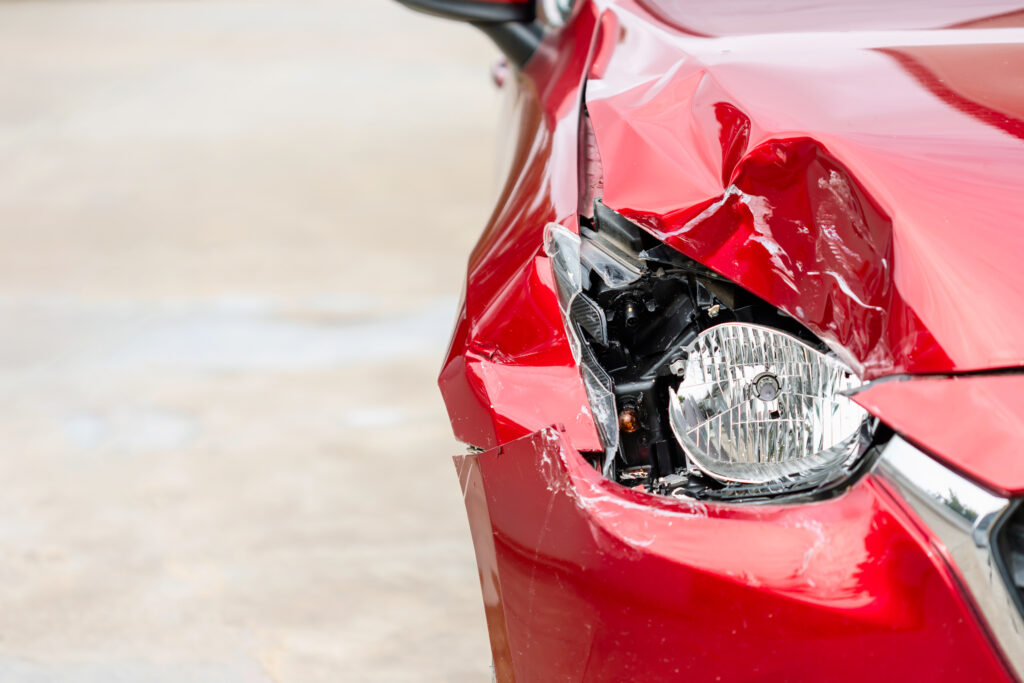End to no-fault insurance eyed by Legislature

[Stock image]

[Stock image]
The Senate voted 38-1 to approve the proposal (SB 54), a priority of Senate President Wilton Simpson, R-Trilby.
The proposal must still get through the House, which has taken a different approach to eliminate no-fault – and the system’s requirement that motorists carry personal-injury protection, or PIP, coverage. The proposal would require that motorists carry bodily injury coverage.
“The goal, while it should be to reduce rates, is also trying to right-size a very broken system, to make sure that we have adequate coverage amounts on the road, especially considering how much those costs have gone up through the years,” bill sponsor Danny Burgess, R-Zephyrhills, said.
Revamped in 2012 to try to reduce fraud in the system, no-fault has since 1979 required motorists to carry $10,000 in PIP coverage to help pay for health-care costs after motorists are injured. Burgess said costs should go down for motorists who currently have PIP and bodily injury coverage.
Greg King, an Ocala-based personal injury attorney, favors the bill.
“The ‘no-fault’ revolution was supposed to reduce insurance costs, and speed up claims payments, but it didn’t. The benefits available from no-fault coverage have not increased in over 30 years, while premiums have continually increased, and the benefits available have not come close to keeping pace with the rising medical costs which the benefits are supposed to pay,” he said. “Florida needs to finally move into the 21st century, where automobile insurance is concerned.”
But Sen. Jeff Brandes, a St. Petersburg Republican who cast the lone dissenting vote, argued the bill could result in more uninsured motorists on the road. Brandes added that financial impacts of the bill remain unknown because of several changes made Wednesday, including making $5,000 in medical payments coverage – known as “med-pay” – mandatory rather than an option.
“You can’t go home and look your constituents in the eye and say this is going to lower your rates for your poorest constituents,” Brandes said. “It may raise their rates 15, 20, 70%. We don’t know. And that isn’t right.”
Dr. Riadh Fakhoury, owner of Ocala’s Fakhoury Medical and Chiropractic Center, which specializes in treating car accident injuries, agrees that legislators should be certain insurance premiums would go down.
“So many times, Floridians are promised lower rates if insurance laws are changed, just to find out that the rates don’t go down, but could even go higher,” he said.
But he also agrees that the current system is antiquated.
“Without any hesitation, I can say that the no-fault PIP is outdated and was fine three decades ago, but with the soaring cost of healthcare, a patient’s $10,000 PIP coverage can easily be exceeded with one emergency room visit,” he said. “Any changes in the law must address equitable and fair compensation for injuries that may result in lifelong suffering, such as traumatic brain and spinal injuries.”
The Senate and House bills would set minimum bodily injury coverage at $25,000 for the injury or death of one person and $50,000 for injuries or deaths of two or more people. The House version (HB 719), which has only been heard by a single committee, has med-pay coverage as an option.
The Senate bill also continues to address “bad faith” lawsuits, which involve allegations that insurers have not properly looked out for the interests of their customers. Bad faith has been a sticking point in the past as the House and Senate have considered measures to repeal the no-fault system.
The Ocala Gazette contributed to this report.





